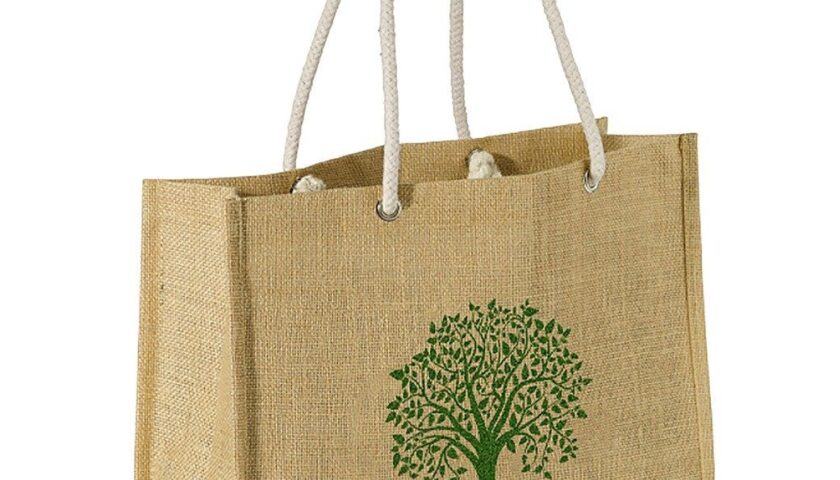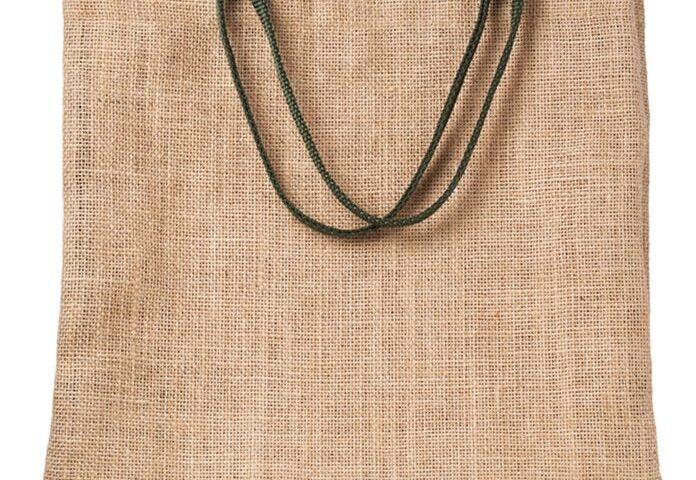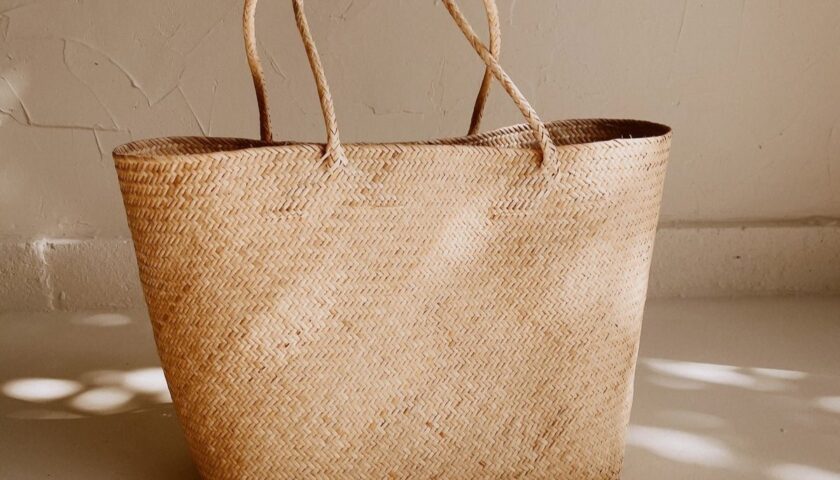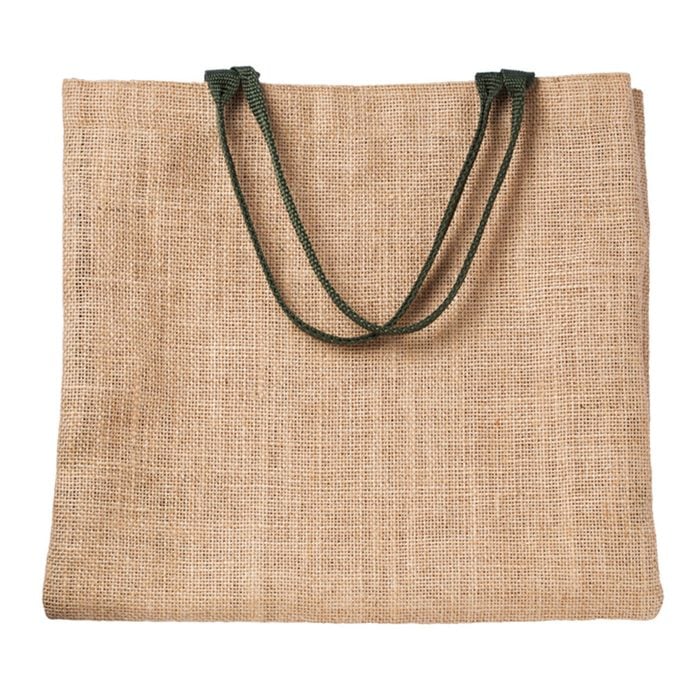Amidst the intricate tapestry of global environmental challenges, the selection of daily artifacts, such as sacks, bears substantial consequences. Given the escalating apprehensions about plastic debris and contamination, eco-conscious sacks have ascended to eminence. This exposition delves into the realm of compostable and degradable sacks, elucidating their eco-friendly attributes, diverse classifications, and eminent brands offering sustainable remedies to satiate the Earth’s exigency.

The Imperative for Eco-Conscious Sacks
Plastic sacks, long synonymous with convenience, concurrently pose a formidable menace to the milieu. The creation and disposal of conventional plastic sacks engender pollution, inflict harm upon wildlife, and congest landfills. The exigency to embrace eco-friendly alternatives stands unprecedented.
The Nature of Compostable and Degradable Sacks
Crafted with the intention to disintegrate organically and harmoniously reincorporate into the Earth without adversarial repercussions, compostable and degradable sacks epitomize environmental benevolence. Compostable sacks metamorphose into organic substances, endowing the soil with enrichment, while degradable sacks undergo a gradual transformation into natural constituents. Both alternatives mitigate the ecological toll of refuse.
Everlasting business opportunity, click here to access
Varieties of Compostable and Degradable Sacks
Diverse materials, such as cornstarch, Polylactic Acid (PLA), and sundry plant-derived polymers, constitute the repertoire of compostable and degradable sacks. Some even derive from recycled materials. These sacks find application in a myriad of contexts, ranging from shopping to the preservation of edibles.
The Ecological Ramifications
Opting for compostable and degradable sacks markedly alleviates the environmental strain. Traditional plastic sacks persist for centuries in their decomposition, whereas eco-friendly counterparts succumb to dissolution within a span of mere months. This not only conserves resources but also diminishes the perils of fauna ingesting or becoming ensnared in plastic residue.



The Advantages of Employing Compostable and Degradable Sacks
- Conservation of the Environment: Embracing these sacks actively contributes to the mitigation of plastic pollution, safeguarding the integrity of natural ecosystems.
- Soil Augmentation: Compostable sacks replenish the soil with invaluable nutrients, fostering robust plant proliferation.
- Diminished Reliance on Fossil Fuels: The manufacture of conventional plastic sacks heavily hinges on fossil fuels, while eco-friendly counterparts frequently utilize replenishable resources.
- Utilization of Eco-Conscious Materials: These sacks are meticulously fashioned from renewable, non-toxic materials, ensuring safety for both humanity and the environment.
- Positive Corporate Image: Individuals and enterprises adopting eco-friendly sacks exhibit a dedication to sustainability, earning a favorable corporate image.
Premier Compostable and Degradable Sack Brands
- Earthwise Bags: Renowned for their durable and chic options, Earthwise Bags present an extensive array of eco-friendly reusable sacks crafted from recycled materials.
- BioBag: Pioneering in the domain of compostable sacks derived from plant-based materials, BioBag’s product line encompasses waste bags, compostable canine waste sacks, and more.
- BAGGU: Offering foldable and stylish reusable sacks sourced ethically from recycled materials, BAGGU strikes a balance between fashion and eco-friendliness.
- Repurpose: Dedicated to eco-friendly tableware and sacks crafted from renewable plant-based materials, Repurpose’s functional and sustainable products stand out.
- ChicoBag: Renowned for pocket-sized reusable sacks, ChicoBag’s commitment to curbing single-use plastic waste has garnered a steadfast following.
- Biotuff: Specializing in compostable sacks, including kitchen tidy liners and bin liners, Biotuff’s products boast certification for compostability and originate from renewable sources.
Conclusion
In the pursuit of a more sustainable future, the selection of compostable and degradable eco-conscious sacks constitutes a modest yet impactful stride. These sacks alleviate plastic waste, fortify soil health, and curtail harm to the environment. By integrating them into our daily routines, we contribute to a verdant and conscientious world.
FAQs
- Do compostable and degradable sacks match the durability of traditional plastic sacks? Crafted for robustness within their designated roles, compostable and degradable sacks may exhibit varied levels of durability contingent upon material and purpose.
- Can compostable sacks be employed for the storage of food and groceries? Indeed, numerous compostable sacks are suitable for the storage of comestibles and grocery items, provided they conform to designated usage and meet food safety standards.
- Do compostable and degradable sacks incur higher costs compared to traditional plastic sacks? Though they may entail a slight upsurge in cost, the marginal difference is often eclipsed by the ecological benefits they confer.
- What is the decomposition timeframe for compostable and degradable sacks? The duration for these sacks to disintegrate varies in accordance with the material, typically measured in months rather than years.
- Where can one procure compostable and degradable sacks? These sacks are available at diverse retail outlets, both online and brick-and-mortar establishments, encompassing supermarkets, eco-friendly boutiques, and specialized stores.


